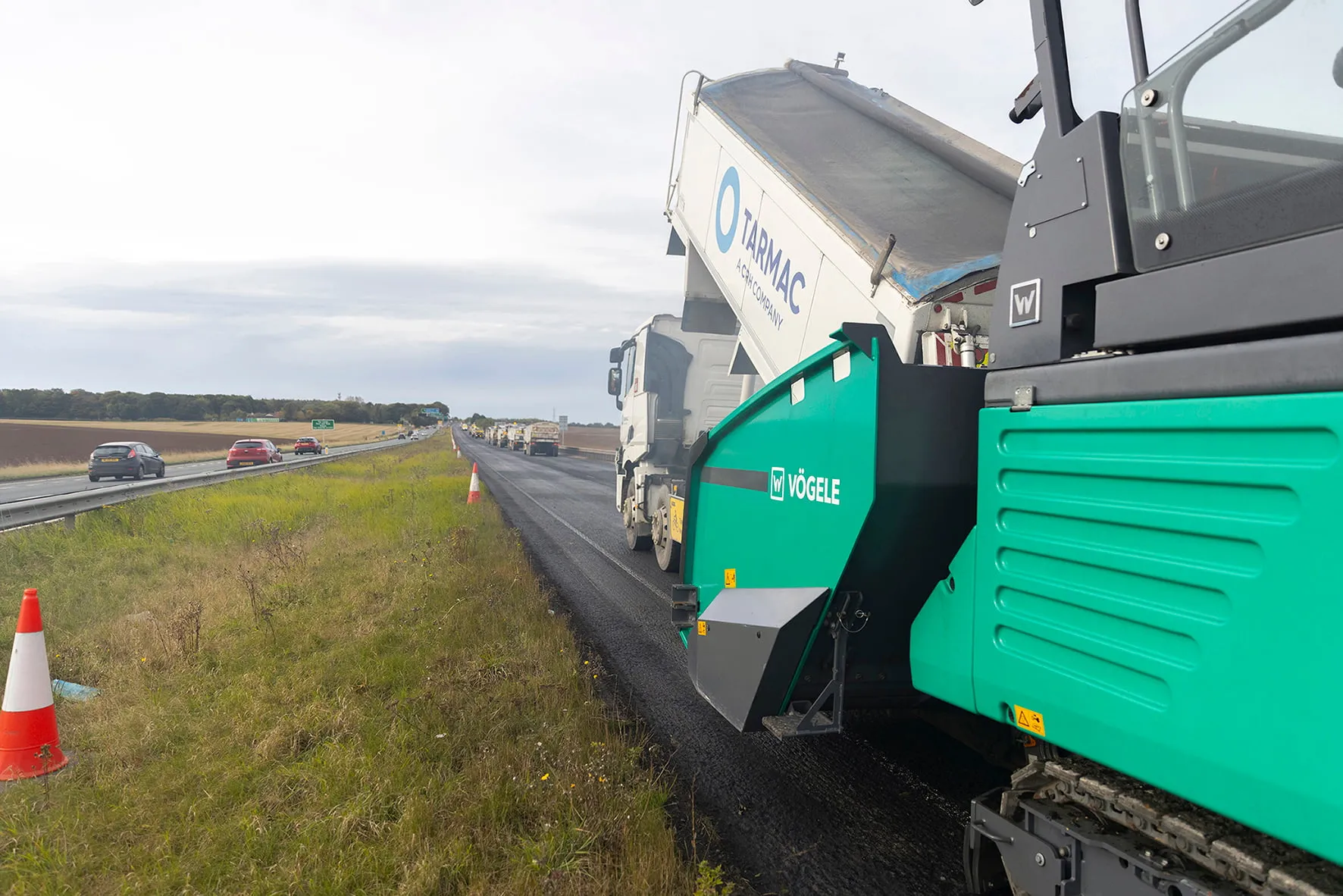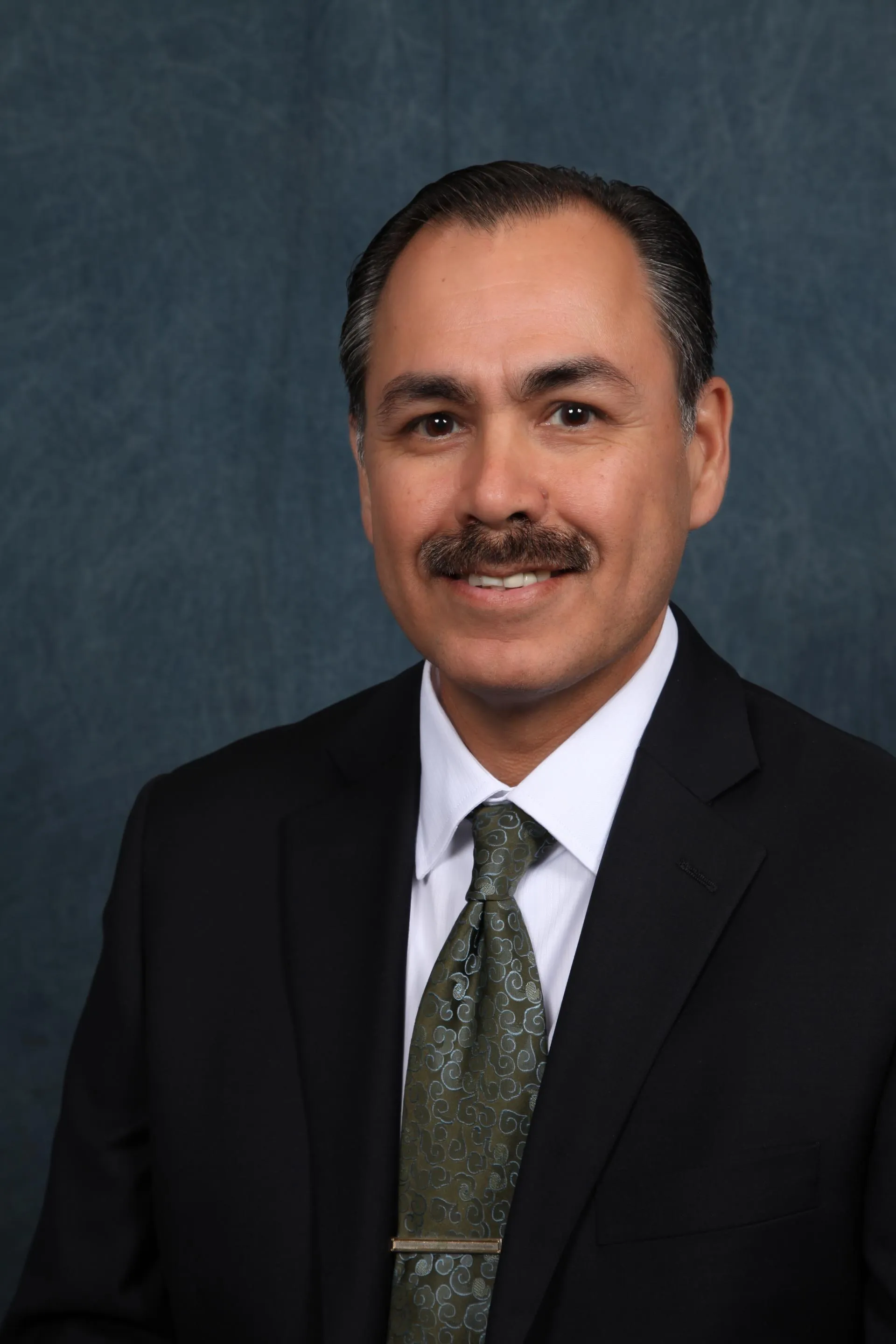Tarmac has reaffirmed its commitment to truck safety, having been reaccredited to carry out Fleet Operator Recognition Scheme (FORS) audits on its entire UK and subcontractor fleet. FORS is a voluntary accreditation scheme that promotes best practice for commercial vehicle operators. It encompasses all aspects of safety, efficiency and environmental protection by encouraging and training fleet operators to measure, monitor and improve performance.
Tarmac has FORS accredited more than 1,800 vehicles since 2
May 18, 2018
Read time: 1 min
Tarmac has FORS accredited more than 1,800 vehicles since 2014 when the contractor became the first operator in the UK to be approved by FORS to undertake whole-fleet accreditation.
“As the operator of one of the largest heavy goods vehicle fleets in the industry, we are constantly working to improve standards and safety is our first priority,” said Sean McGrae, senior national transport manager for Tarmac. Tarmac is part of the CRH group and includes Blue Circle, the company that patented Portland Cement.









